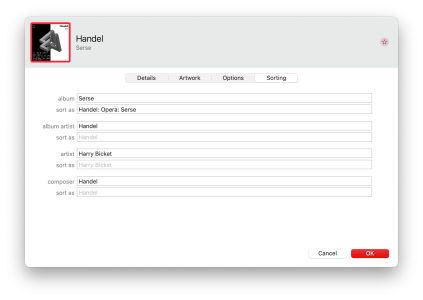The current version of the folder view is not our final vision for it; its first implementation was relatively functional after which we would gauge how much it was realistically being used by customers. We do agree that it could benefit from a visual improvement for the reasons you have outlined above; it's the one mode where you can really categorise and structure things is a customised way that you have chosen, in a way that is relatively simple compared to lots of metadata editing etc. So, this certainly is not off the cards. I do think it also extends beyond Classical users; folders can categorise in all others sorts of ways that users decide, such as by decade, or by Alphabetical grouping (A folder, B folder, etc).
As an aside regarding the erroneous 'Schubert', do note you can edit the Artist page and try an alternative lookup for the correct composer version, and you can add/remove text as you see fit from the bio section and also upload your own image of the artist.
As an aside regarding the erroneous 'Schubert', do note you can edit the Artist page and try an alternative lookup for the correct composer version, and you can add/remove text as you see fit from the bio section and also upload your own image of the artist.


